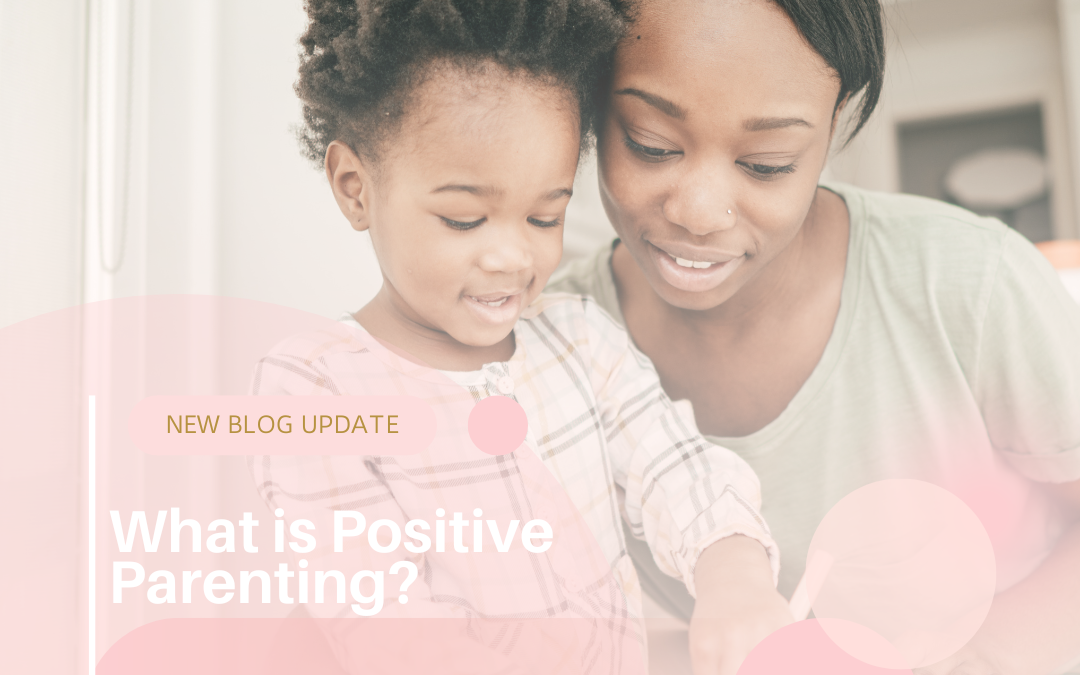“How many times did your parents say, ‘Because I said so!’ or rely on spanking and yelling to discipline you?” Parenting styles have evolved over the years, and many of today’s parents are embracing a more constructive and compassionate approach.
While past generations often used harsh discipline, today’s parents are increasingly turning to positive parenting, a style rooted in warmth, nurturing, and mindfulness. This approach focuses on reinforcing good behavior while avoiding punitive methods like yelling, spanking, or shame, which can harm a child’s emotional well-being.
What is Positive Parenting?
Positive parenting emphasizes creating a strong, supportive relationship between parent and child. By fostering connection and encouragement, this style has been linked to numerous benefits, including:
- Improved academic performance
- Better behavior
- Higher self-esteem
- Reduced risk of substance abuse
- Enhanced mental health
Strategies for Positive Parenting
Positive parenting has three core components:
- Regulate Your Own Emotions
Parenting positively begins with managing your own emotions. It’s easy to let a bad day spill over into interactions with your child, but responding with anger or frustration can strain your relationship. Aim to engage with your child in a calm, loving, and honest way, even during challenging moments.
- Strengthen the Parent-Child Connection
Every interaction with your child is an opportunity to build trust and strengthen your bond. When children feel secure in their relationship with their parent, they are better equipped to manage their emotions and navigate life’s challenges.
- Love Unconditionally
Some traditional discipline methods relied on withholding affection or approval to enforce rules. This conditional love can cause long-term emotional harm. Instead, guide your child with patience, reassurance, and support, helping them understand their emotions and behaviors in a safe, loving environment.
Seeking Support
Positive parenting isn’t always easy, especially if you’re breaking cycles of harsh discipline you experienced growing up. Working with a family therapist can provide valuable tools and guidance to help you become the nurturing parent you aspire to be.
If you’re ready to explore counseling options, I’d be happy to help. Contact me today to start your journey toward a more loving and connected parenting approach.


Recent Comments